A Surgeon’s Perspective on Cataract Surgery
They say that doctors make the most difficult patients, a stereotype that I didn’t believe in until I was diagnosed with early cataracts. Prior to the diagnosis, I had been working as an ophthalmologist for well over 25 years and had extensive experience in performing cataract surgeries.
As a doctor, I was very risk-averse and did not recommend surgery to patients until all other methods were exhausted and there was no way out. After my diagnosis, I became very skeptical about the advice that I usually gave my patients. During consultations, I had many patients who were disappointed to learn that there were no options to restore their vision except to go for cataract surgery. Cataract surgery is one where the natural lens of the eye is replaced with an intraocular lens. With the advancement in medical research, safer and more contemporary procedures have been adopted to rectify vision issues. Many surgeons are of the opinion that cataract surgeries come with a number of complications and should be avoided as much as possible, but with my recent experience undergoing this supposedly ‘unsafe’ procedure, I can say with confidence that it was a good idea on my part to go through with it. My vision has improved tenfold and even if the eye charts tell us that our sight is not that bad, cataracts can lower the quality of your vision.
Early Symptoms of Cataracts
The first symptom that I recall is seeing halos around street lights at night. During the day, bright light’s glare would feel blinding and bothersome. My visual acuity had always been 20/20+ without spectacles or contact lenses. Even though cataracts had developed in both my eyes, I could still see 20/20 to 20/25 on the eye chart. If one of my patients had been suffering from a similar condition, I may not have recommended them to go for surgery.
I underwent a contrast sensitivity test almost a year before my cataract surgery. Not only did I not perform well on it, but I also couldn’t distinguish between objects. My eye’s natural lens was being effected by scattered light and fogginess from the cataracts was making it harder for me to see clearly.
My night vision was also worsening and I was experiencing typical symptoms of cataracts. It was difficult to drive at night since objects in front of me were not legible to me and I could see halos around lights and headlights. Even though the eye charts said my vision was fine, my symptoms were telling another tale.
Diminished Contrast Sensitivity and Depth Perception
My left eye’s cataract was not as bad as the right one which had quite some blurriness in it. Although my eye condition did not deter me from performing my daily activities, my speed of work had definitely decreased as a result. Depending more on the left eye to see things had also diminished my depth perception. The light which I was using to perform surgeries felt dimmer, a complain THAT I had heard too often during my career from the patients and was not experiencing myself.
The Decision To Go for a Cataract Surgery
I was driving during sunset and while trying to switch lanes, the sun shone through my rearview mirror and I experienced a glare that blanked out everything in front of me. Although the road was empty and I didn’t get into an accident, the incident was a wakeup call that I needed surgery to be able to perform my daily activities.
As part of the medical community myself, there are a number of excellent practitioners around me whom I completely trust in terms of surgical procedures such as cataract surgery. Choosing a surgeon was not difficult, however, choosing the time and finally convincing myself to undergo the procedure was difficult
The Surgery
Like all patients, I went through a complete eye exam prior to the procedure. The biggest problem which I faced because of the cataract was the glare and the halo around lights, therefore my choice of the lens was a monofocal intraocular lens (IOL) since I didn’t want to risk experiencing the glare after the surgery.
For the procedure itself, preoperative eye drops, antibiotics and anti-inflammatory drugs. The mix of medication was for preventing an outbreak of infection and controlling any reaction which may result from the surgery. During the procedure, all I could see was a light grey color. Even though the doctor observed that part of my cataract was stubborn, everything else was going as per expectations.
After the cataract was removed and replaced with the artificial lens, my view didn’t feel any dramatic change. When the procedure was completed and the drapes around my face were taken off, I could only see shadows and pale images as my photoreceptors were bleached out.
After I was discharged, I noticed I could read my name clearly and thought that maybe a wrong lens was inserted. Since there is a myopic shift after a patient has gone through an eye procedure, I decided to stay calm and wait for recovery.
Post-Surgery Results
Even though my vision quality had improved beyond my expectations, my visual acuity was not impressive. Despite the disappointment, I continued to take my medicines to prevent any post-surgery complications. After removing the eye shield, the vision was foggier than the day before probably because of a lack of oxygen to the eye or stagnant tears.
On the first postoperative day, my visual acuity had improved to 20/25 and the internal inflammation was minimal. Even though my vision was almost 20.25 before the surgery, the results after the procedure were astounding and nothing like I had seen before.
The procedure dramatically improved my eyesight and driving at night became easier, there were no longer halos around street light and the signs on sidewalks and roads could easily read. I resumed working from my second postoperative day and noticed that the overhead lights in the operating room was too bright and had them turned down.
On the fourth and fifth days after the surgery, I noticed streaks coming from light sources which worried me. This phenomenon was temporary and my vision was back to the same clarity by the eighth day.
A Changed Perspective
After the surgery, my perspective has completely changed and I felt that to live your life to the fullest, you should have a vision that enables you to see its colors clearly. This is why, when an old 75-year-old patient visited me this time, I shared my journey with her. She had moderate cataracts but I insisted that surgery will do wonders to her vision and help her enjoy her life


